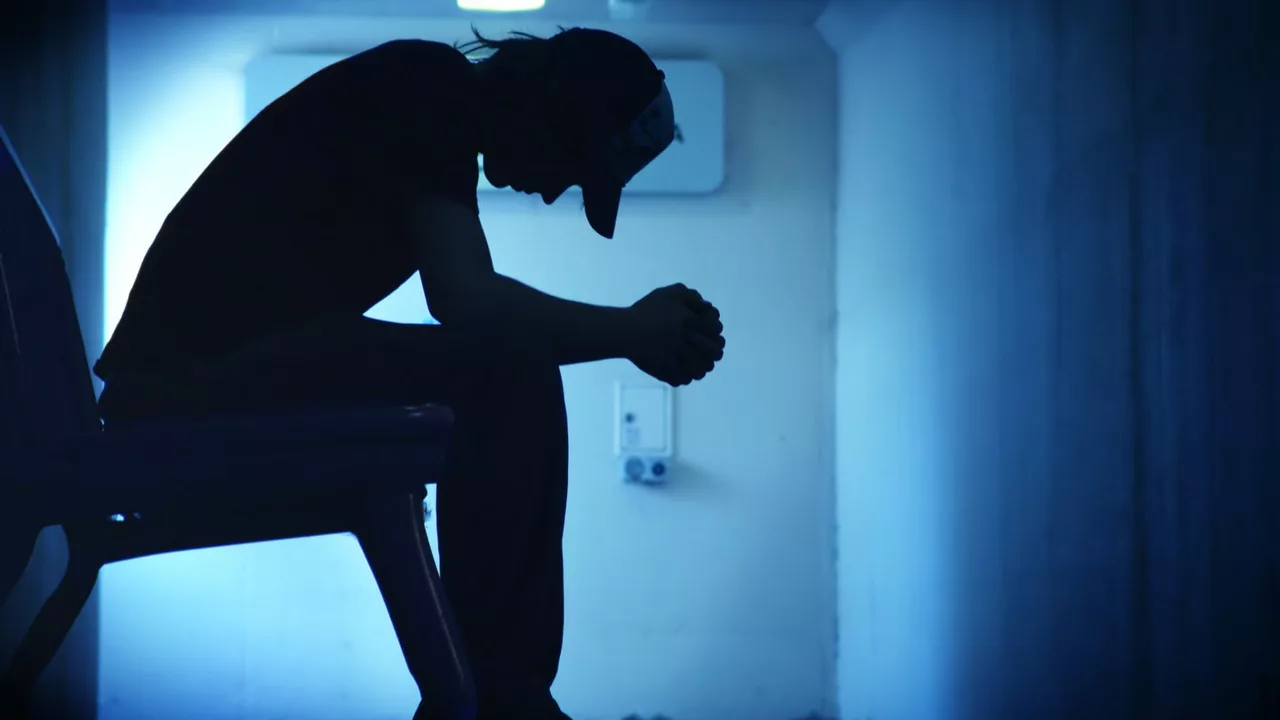Understanding Depression and Suicide
Depression is a serious mental health condition that affects millions of people worldwide. It is not just a feeling of sadness or being down in the dumps; it is a persistent feeling of despair and hopelessness that can significantly impact a person's quality of life. While not everyone with depression will experience suicidal thoughts, there is a clear link between depression and suicide. The overwhelming feelings of hopelessness and worthlessness that often accompany depression can lead a person to believe that suicide is the only way out.
Recognizing the Warning Signs of Depression
Depression can manifest in many different ways, and it affects everyone differently. Some common signs of depression include persistent sadness, feelings of hopelessness or worthlessness, loss of interest in activities previously enjoyed, changes in appetite or weight, difficulty sleeping, feelings of restlessness or being slowed down, fatigue, difficulty concentrating, and recurrent thoughts of death or suicide. Recognizing these signs in yourself or others can be the first step towards getting help.
Understanding the Connection Between Depression and Suicide
Depression is one of the most common mental health conditions associated with suicide. The deep despair and hopelessness that people with depression often feel can make suicide feel like the only option to escape their pain. However, it's important to remember that having depression doesn't mean a person will necessarily become suicidal. Not all people with depression have suicidal thoughts or behaviors, and not all people who attempt suicide have depression.
Recognizing the Warning Signs of Suicide
There are several warning signs that a person may be thinking about suicide. These can include talking about wanting to die or to kill themselves, looking for a way to kill themselves, such as searching online or buying a gun, talking about feeling hopeless or having no reason to live, talking about feeling trapped or in unbearable pain, talking about being a burden to others, increasing the use of alcohol or drugs, acting anxious or agitated, behaving recklessly, sleeping too little or too much, withdrawing or isolating themselves, showing rage or talking about seeking revenge, and displaying extreme mood swings.
How to Help Someone Who May Be Suicidal
If you suspect that someone may be suicidal, it's crucial to take their words and actions seriously. Encourage them to seek help from a mental health professional and let them know that they are not alone. If they are in immediate danger, call a suicide hotline or emergency services. Remember, it's better to overreact than to not react at all when it comes to someone's life.
The Importance of Treatment for Depression
Depression is a treatable condition, and the majority of people with depression can experience significant improvement with treatment. Treatment options include psychotherapy, medication, and lifestyle changes such as regular exercise, a healthy diet, and adequate sleep. It's important to seek help if you're dealing with depression, as untreated depression can lead to a range of physical and emotional problems and can increase the risk of suicide.
Prevention Strategies for Suicide
Preventing suicide involves a comprehensive approach that includes addressing mental health issues like depression. Education about depression and suicide, reducing stigma associated with mental health, promoting connectedness, teaching coping and problem-solving skills, and improving access to mental health resources are all crucial components of suicide prevention.
Role of Support Networks in Depression and Suicide Prevention
Support from friends, family, and mental health professionals can play a significant role in helping someone with depression and preventing suicide. Having someone to talk to about their feelings can make a big difference for someone struggling with depression.
The Impact of Society on Depression and Suicide
Society plays a significant role in shaping our views and attitudes towards depression and suicide. Stigmatization of mental health issues can lead to people feeling ashamed or afraid to seek help. It's crucial to foster a society that understands and empathizes with mental health issues, and that provides support and resources for those struggling.
Resources for Depression and Suicide Prevention
There are many resources available for people struggling with depression and suicidal thoughts. These include mental health professionals, support groups, crisis lines, and online resources. It's important to remember that help is available, and you don't have to face these issues alone.






Erica Harrington
July 21, 2023 at 17:40
Thanks for sharing this thorough overview. It's crucial we all keep an eye out for the signs you listed, because early support can make all the difference. If you notice a friend pulling away or talking about hopelessness, reaching out with a simple, “I’m here for you,” can open a lifeline. Let’s keep the conversation going and encourage anyone struggling to seek professional help.